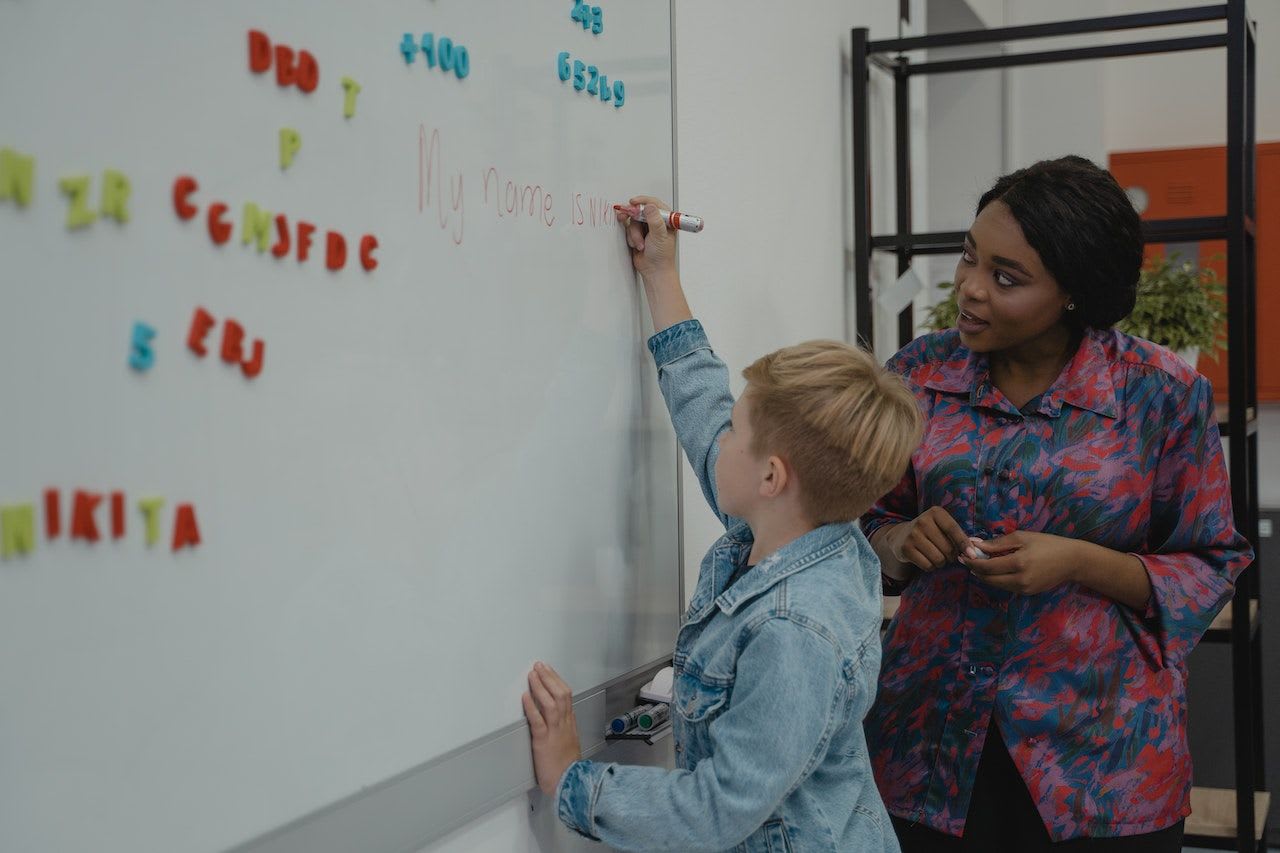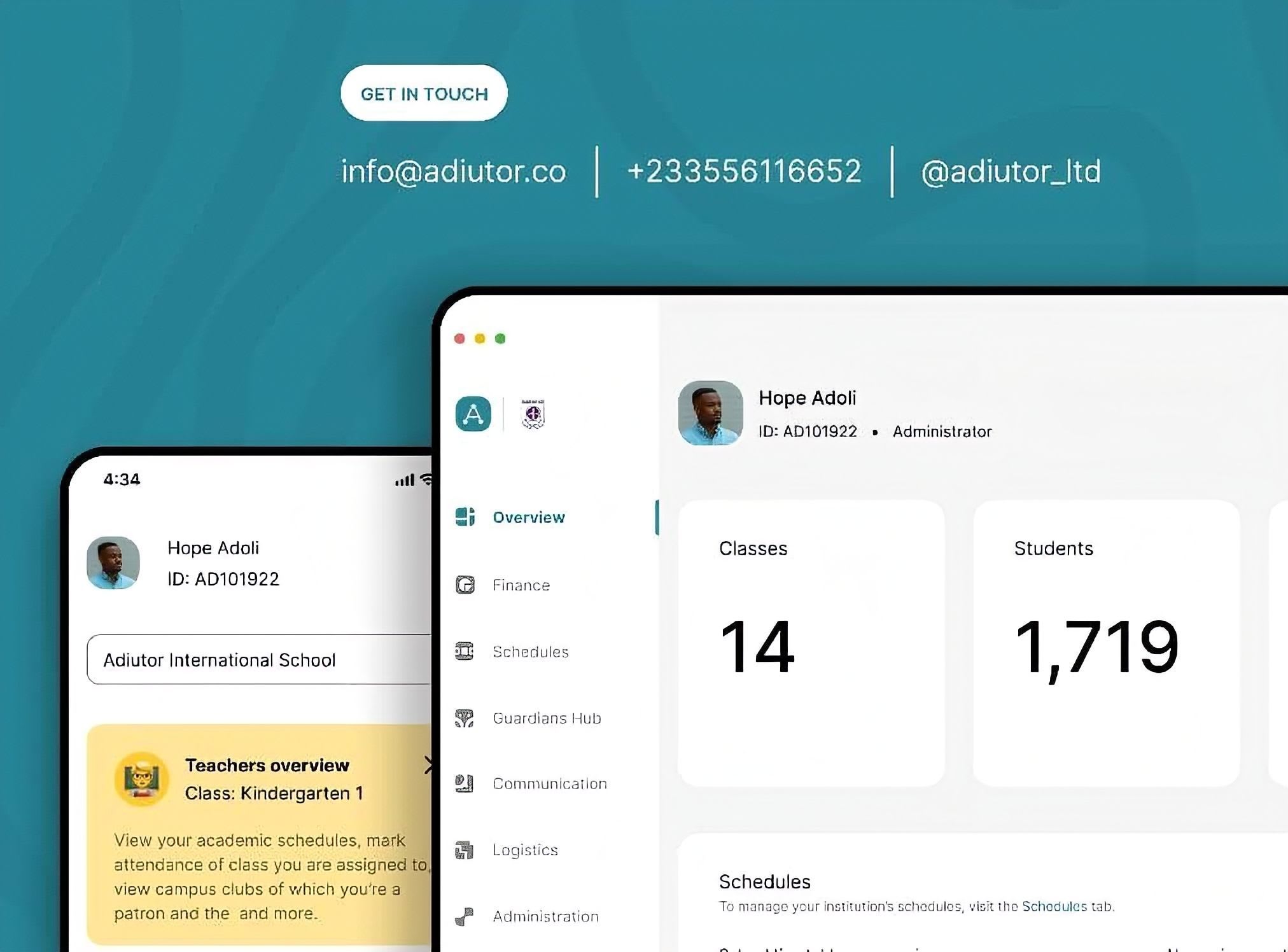Improving Student-Teacher Communication. Building a positive classroom climate
The classroom is a space that fosters psychological and social interactions between individuals (educators and learners) from various backgrounds. The educator's interpersonal abilities affect the classroom environment, which has a significant impact on the academic performance of students.

The classroom is a space that fosters psychological and social interactions between individuals (educators and learners) from various backgrounds. The educator's interpersonal abilities affect the classroom environment, which has a significant impact on the academic performance of students. Though solely improving communication between students and teachers will not produce gains in achievement, students are able to learn more effectively and are more motivated when they get along well with their teachers and peers. This also helps establish a model for how students should interact with their classmates in class, fostering a sense of community that fosters increased engagement in the learning material.
💡 Lessons learnt: Communication happens on the listener's terms.
What Students want
The classroom climate is a student's reflection of their academic experience. It refers to the general sentiment shared by everyone in the class, even though each student will develop his or her own sense of the environment in the classroom. Studies show consistent factors identified by students which affect the classroom climate are:
- Personalization. The teacher provides opportunities for student-to-teacher interaction and expresses concern for the student’s welfare.
- Involvement. The teacher promotes active student participation in class.
- Student cohesiveness. Students know one another, help one another, and are friendly toward one another.
- Satisfaction. Students enjoy the class.
- Task orientation. Class activities are clear and well organized.
- Innovation. The teacher uses unique assignments, activities, or teaching strategies.
How to cultivate positive relationships in class
- Acknowledge the student's strengths. You can acknowledge the student's strengths by asking questions about them, or even just being aware of what they like to do in class. This helps students feel valued and respected--and it can help them feel more confident and competent when they are doing well. If a student who enjoys basketball approaches you with a question about a math problem, you might answer by responding to the situation involving basketball.
- Ask open-ended questions. Open-ended questions allow students to respond in their own words and elaborate on their answers. The teacher can encourage this by asking open-ended questions such as, "What do you think about that?" or "How would you go about this?" These are great opportunities for students to talk about what they know and don't know, which will help them improve their understanding of the subject matter.
- Use open body language. Open body language shows, as the teacher that you are interested in what the student has to say, and it also helps build a relationship between the student and teacher. The more open your body language is, the easier it is for your students to approach you and the more likely you'll be able to get through any awkwardness or discomfort that may arise during class time.
- Provide opportunities for students to speak. Listen to your students. If you see them making eye contact with another student, or if they seem frustrated by something that happened during class, take notice and ask them about it. Pay attention to body language while talking with students during class discussions.
- Give your students meaningful feedback to help them improve.
- Be authentic and genuine. Remember that your students are watching your every move, so don't be afraid to be vulnerable or real with them!
Students (especially the older ones) are more motivated in class when they perceive their teachers as respectful, eager to support their autonomy, focus on setting reasonable, individualized performance expectations, and provide nurturing constructive feedback. More specifically, a student is more likely to be engaged in class, more likely to follow the positive social norms of the classroom, and more eager to master the academic material being taught if they feel that "my teacher trusts me". To enhance their ability to work with students, teachers also need to take time for self-care and get support from others.
The key takeaway to improving student-teacher communication is to be interactive, genuine, open, authentic, and adaptable. Both educators and students have a role in the process of building relationships with each other. Though it might seem trivial, educators' actions and words matter, and they may even have long-term positive (or negative) consequences on learners, even when learners don't seem to care what they do or say.

Adiutor
Adiutor means "helper" - we do just that, by taking a load of your school administration and helping you focus on what matters most: the kids.
